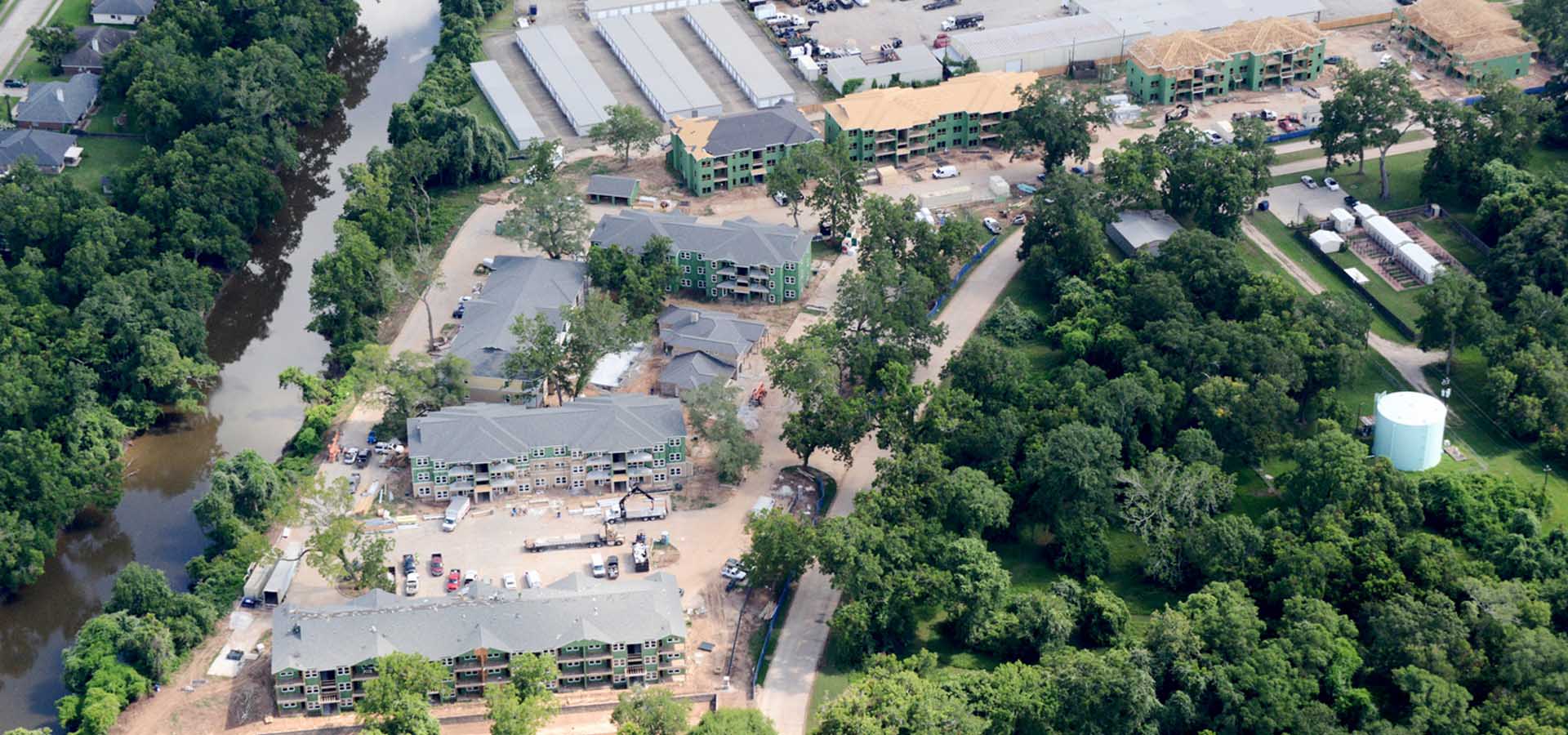Cadence McShane Construction recently promoted Colby Rose, LEED AP, to VP and relocated him to the company’s regional office in Houston. Bisnow spoke with Colby about his new position, the entrepreneurial spirit that Cadence McShane strives to instill in its team, and his take on the Texas markets, especially Houston. To say he’s optimistic would be an understatement.
Bisnow: How did you come to Cadence McShane, and how did your experiences prepare you for your new executive position in Houston?
Colby: I began my career with Cadence McShane after graduating from Texas Tech University, and I have been with the company ever since.
I’ve been associated with the company throughout all of our different market sector landscape changes and that has required my skill set and expertise to evolve and become diversified. Not only did these changes allow me to experience the different product types that we build, but also gain insight into the different clients, relationships and delivery methods.
I feel fortunate to have had the opportunity to become well-versed in all of these areas, which has prepared me for my new leadership role in our Houston office.
Bisnow: How do you plan to expand the Cadence McShane brand within the company’s key market sectors?
Colby: We try to separate ourselves from the ordinary builder, which means going above and beyond just getting the job done at a certain price.
We provide an additional level of service by partnering with our clients to provide added value. Our goal is to build repeat business, work with repeat clients, and secure what I call “third-tier opportunities” where our clients go on to refer us to their peers or other professionals in their networks.
Upholding our company’s unique culture is also an important component to expanding Cadence McShane’s brand.
If you focus on being good people who do the right thing and by maintaining solid relationships internally with the people that you work with on a daily basis, you don’t have to try hard to act the same way around external stakeholders—owners, architects, subcontractors and so forth.
Once you believe in what you’re doing and it’s part of you, then it’s ingrained in how you operate, not just a different outfit that you have to put on once you leave the office.
Bisnow: What are your initial impressions of the Houston market?
Colby: A lot of what gets published or discussed are the negatives. Obviously, the elephant in the room is the oil industry and its impact on Houston.
On the more positive side, we have a market that is now more diversified than it was in previous oil crashes. So what you have is a recipe with both bad and good components.
In the negative column is the oil slump, though that will eventually turn around—that’s the way the business is—the recent recession, and the fact that it’s an election year.
But this is Houston, a top-five city in the country projected to be No. 3 and jump past Chicago in the next four to five years. So there’s plenty of promise here.
Houston is home to one of the world’s largest ports, putting us at the epicenter of international trade. We have Texas Medical Center, the biggest medical center in the world.
Education funding is also up as several educational bonds have been passed throughout the greater Houston area, including both K-12 and higher education. And while oil may be down, there are other industries that are prospering during these times.
Bisnow: Are there any projects you’re working on in the Houston market that you’re excited about?
Colby: For Cadence McShane, we are seeing a lot of opportunity in the K-12 sector, a market that we have been heavily active in throughout our 30-plus year history.
Within a 50- to 60-mile radius of Houston, there have been $4.5B worth of K-12 school bonds passed in the last 24 months, and that’s not including Houston ISD, the largest district in Texas.
These school bonds have been put in place because of current and expected population growth, a telltale sign that Houston is expanding and its economy growing.
We are underway on Sterling Aviation High School for Houston ISD. This school represents the district’s magnet program for aviation sciences and is the only one of its kind in this area. We are tracking to have it completed by the end of the summer.
We also have a couple of multifamily projects south of town by the Lake Jackson area.
Our client is developing workforce housing, which is being driven by the booming petrochemical industry and the construction needed to support it. This truly exemplifies one of the downstream industries prospering during the oil downturn with roughly $100B in construction planned along the Gulf Coast region.
We’re also continuing to see a lot of growth in the senior living market sector due to the aging Baby Boomer population, as well as healthcare construction in general such as ambulatory healthcare.
Given our vast experience in both senior living and healthcare, we feel optimistic that these are areas of growth throughout Houston and will also be viable within our organization.
Bisnow: Bottom line, why is Houston still growing?
Colby: There are still other areas of job growth that aren’t as adversely impacted by the drop in oil price that lends to people moving here. There are a lot of jobs available, whether it be in the medical field, petrochemical and LNG industries, the non-energy related field, or perhaps another industrial sector. We still enjoy a relatively low cost of living compared to other major cities across the country. At the end of the day, we’re still Houston; the fourth-largest American city seeing continuous growth, doubling as a global hub for a multitude of industries. And we’re still in the great state of Texas!
